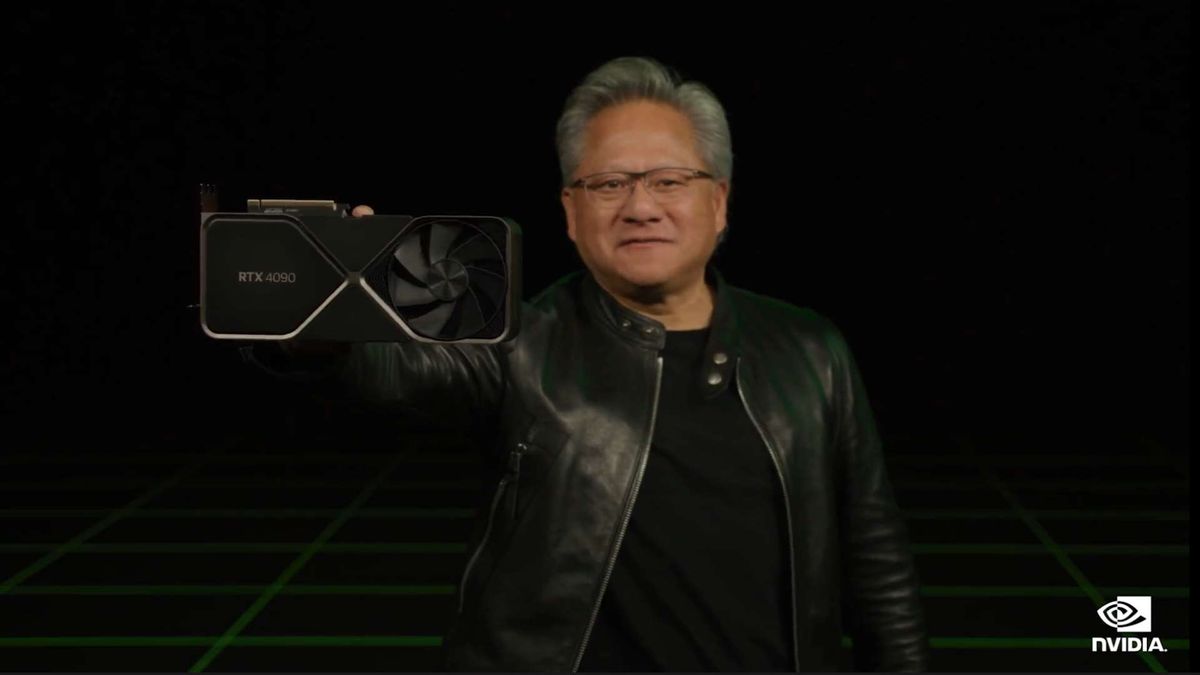
When we usually discuss brute force in technology, it’s often connected to malicious activities, such as ransomware attacks. However, in a surprising turn of events, an Nvidia RTX 4090 managed to successfully crack into the Akira ransomware encryption in just seven days.
According to reports from Tom’s Hardware, the operation was orchestrated by Tinyhack, who employed brute force techniques to assist a company in recovering lost data due to the attack. This unique incident highlights how high-end graphics cards can also aid in cybersecurity.
Background on Akira Ransomware
The Akira ransomware operates using specific encryption methods which some variants are susceptible to brute force attacks. Back in 2023, the Avast team reported a vulnerability and offered tools to counteract these threats. While many Akira variants have since received updates to fortify their security, the knowledge gained from this exploit remains relevant.
The brute force approach adopted involves using precise timestamps to generate unique encryption keys for each file, complicating decryption significantly. Nonetheless, if one is fortunate enough to maintain the original files intact, it becomes feasible to attempt decryption.
This incident raises intriguing questions about the capabilities of future graphics cards and their applications beyond gaming and graphics rendering. Could upcoming RTX 50-series cards replicate or improve upon these results? Time will tell!
